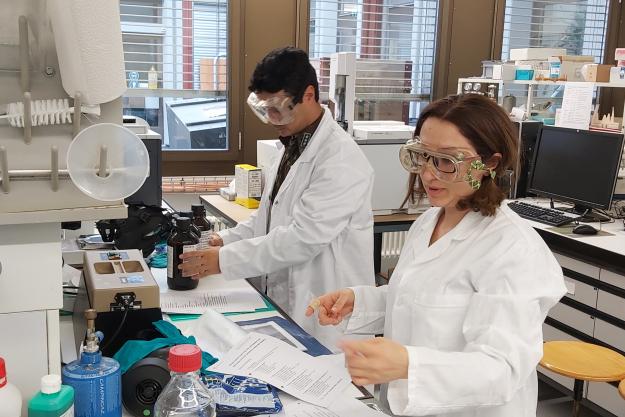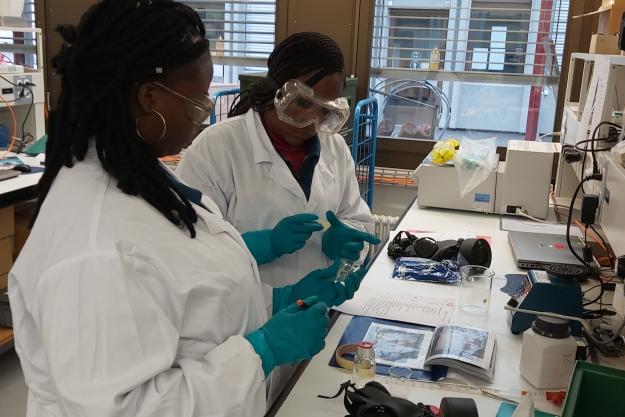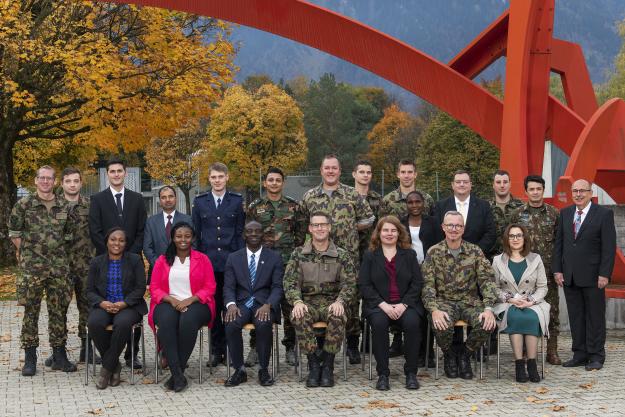
THE HAGUE, Netherlands — 1 November 2019 — Experts involved in chemical emergency response learned how to identify chemical warfare agents (CWAs) and use individual protective equipment during the eleventh Swiss Laboratory Course on chemical weapons protection in Spiez, Switzerland from 28 October – 1 November.
The course comprised the second part of a training cycle for first responders offered by Swiss government to OPCW Member States and was organised by the Swiss Nuclear, Biological and Chemical (NBC) Defense School and the Organisation for the Prohibition of Chemical Weapons (OPCW).
In his opening remarks, Commander of the Engineering, Rescue and NBC Training Unit, Brigadier-General Stefan Christen, underlined Switzerland’s commitment to capacity building: “Switzerland provides training for experts who are associated with chemical weapons protection efforts respective home countries to establish and maintain a chemical weapons protection and analysis capability”.
OPCW Programme Officer in the Assistance and Protection Branch, Mr Babatunde Olowookere, further noted: “Timely and efficient sampling and analysis cannot be underestimated and the skills and knowledge participants acquire in this training are essential for chemical warfare protection capability”.
Participants attending the course came from Azerbaïdjan, Cuba, Ghana, Nepal, Nigeria, Brazil, Sri Lanka, Uganda, Ukraine, and Zimbabwe.

Background
The Swiss Laboratory Course falls under the OPCW’s Assistance and Protection Training Cycles and is related to the offer made by Switzerland, under article X of the Convention, to provide assistance and protection against chemical weapons. The full training cycle consists of the Swiss Basic, Laboratory, Advanced, and Field Exercise courses.
As the implementing body for the Chemical Weapons Convention, the OPCW, with its 193 Member States, oversees the global endeavour to permanently eliminate chemical weapons. Since the Convention’s entry into force in 1997, it is the most successful disarmament treaty eliminating an entire class of weapons of mass destruction.
Over 97% of all chemical weapon stockpiles declared by possessor States have been destroyed under OPCW verification. For its extensive efforts in eliminating chemical weapons, the OPCW received the 2013 Nobel Peace Prize.
More Information

